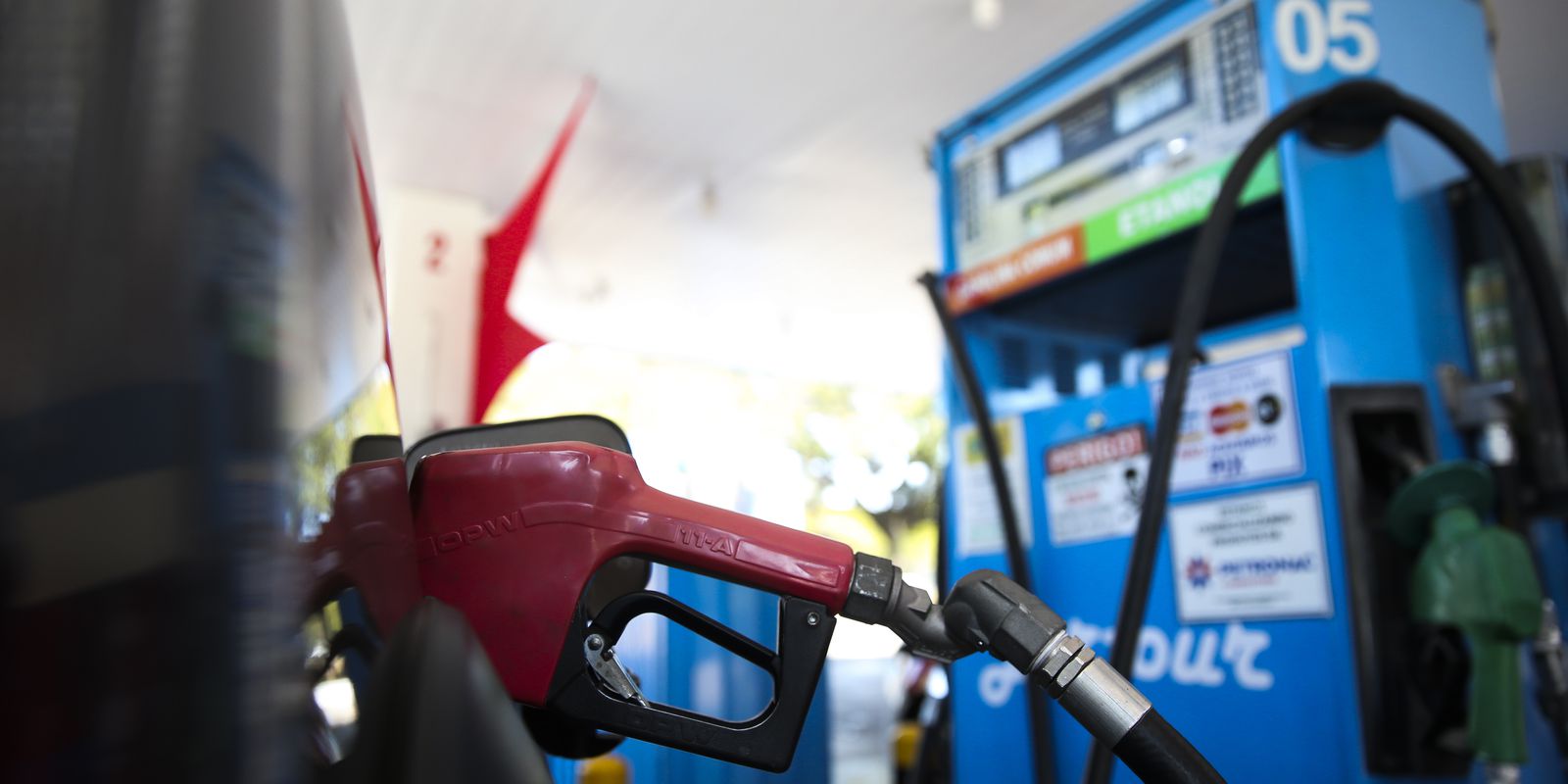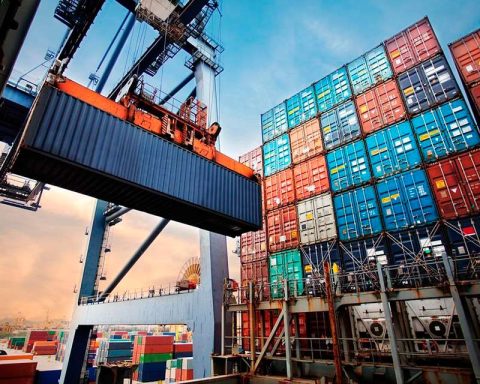The return of fuel taxation through federal PIS and Cofins taxes will renew the state’s ability to promote public policies related to social security. The measure also corrects the distortion of subsidizing fossil fuels, in the midst of the world’s need to promote sustainable development.
The assessment is made by economists interviewed by the Brazil Agency, who also warn that the decision could generate an inflationary impact, affecting the poorest families, if there are no changes in Petrobras’ pricing policy. Currently, values in Brazil follow the international market.
This Thursday (2), the president of Petrobras, Jean Paul Prates, stated that the company will not be tied to the diesel and gasoline price policy which is based on the Price and Import Parity (PPI). Prates gave his first press conference, in Rio de Janeiro, and said that he intends for Petrobras to practice the price of the market in which it operates.
Exemption
Last year, then-president Jair Bolsonaro zeroed the rates of the Social Integration Program (PIS) and the Contribution for the Financing of Social Security (Cofins) for gasoline, ethanol, diesel, biodiesel, natural gas and kitchen gas.
On January 1, President Luiz Inácio Lula da Silva signed the Provisional Measure No. 1,157which provided for the re-encumberation of gasoline and ethanol from March 1st and that of other fuels, on January 1st, 2024.
With the confirmationthis week, of the partial reencumbrance of fuels and price reduction announcement by Petrobras, the estimate for Gasoline is an increase of up to R$ 0.34 at pumps; and ethanol, R$ 0.02.
Public policy
The chief economist at the Institute for Reforming Relations between the State and Business (IREE), Juliane Furno, recalls that PIS and Cofins are contributions that are legally binding and are for financing social security. For her, the decision goes beyond rebalancing public accounts: “it is, above all, re-equipping the state’s capacity to promote universal public policies”. , access aid of an assistance nature and also health, which is an important point of the Brazilian universal system”, he added.
The economist claims that the decision is also right from the point of view of sustainability, since it removes subsidies for non-renewable fuels, and shows the government’s willingness to move towards a low-carbon economy. “It makes no sense not to charge, in terms of taxes, fossil fuels, if the objective is to move towards a transition in the energy matrix”.
Strategy
Juliane Furno points out that, in the current economic scenario, there is room for the increase in fuel prices, since the price of a barrel of oil is low, and food inflation is showing signs of cooling down. However, she disagrees with the way the government has implemented tax returns.
“I think it should be a gradualist strategy. I have a certain disagreement with the total reencumbrance of fuels in one shot. I think this will have an inflationary impact that could even affect the president’s popularity, which could undermine the midfield a little with regard to the need to carry out a series of other important policies, ”he said.
According to the economist, the return of fuel taxation and the permanence of Petrobras’ price policy could end up penalizing the poorest. “Inflationary impacts may arise to the extent that the resumption of taxes, not modifying the price policy [da Petrobras]will continue to increase fuel prices in a period of economic stagnation, penalizing the poorest families more, whether or not they have a car”.
Professor at the Institute of Economics at the State University of Campinas (Unicamp) Marco Antônio Rocha agrees with the reinstatement of fuel by federal taxes. However, he claims that the government missed the opportunity to debate Petrobras’ pricing policy. Currently, the company prices fuels based on the international value of a barrel of oil, and not on the local cost of production. The model is an average of prices estimated by S&P Global Commodity Insights for gasoline, diesel, jet fuel and LPG.
“I think the first important step would be for the government to have announced along with this [a reoneração] what would be a new pricing policy by Petrobras. It was a hot topic during the campaign [o debate sobre a política de preços da Petrobras]the government could have included all of this discussion at this time,” he said.
Rocha points out that Petrobras’ current price policy, due to the international value of oil being stabilized, does not present itself as an immediate problem. But it could become, in a change of the external scenario.
“At that moment, when you had a certain stability of the international price, this does not become such a big problem. But it could be again, depending on what happens on the international scene. And then there is always the question of what the government is going to do when this starts to put pressure on it politically”.
















